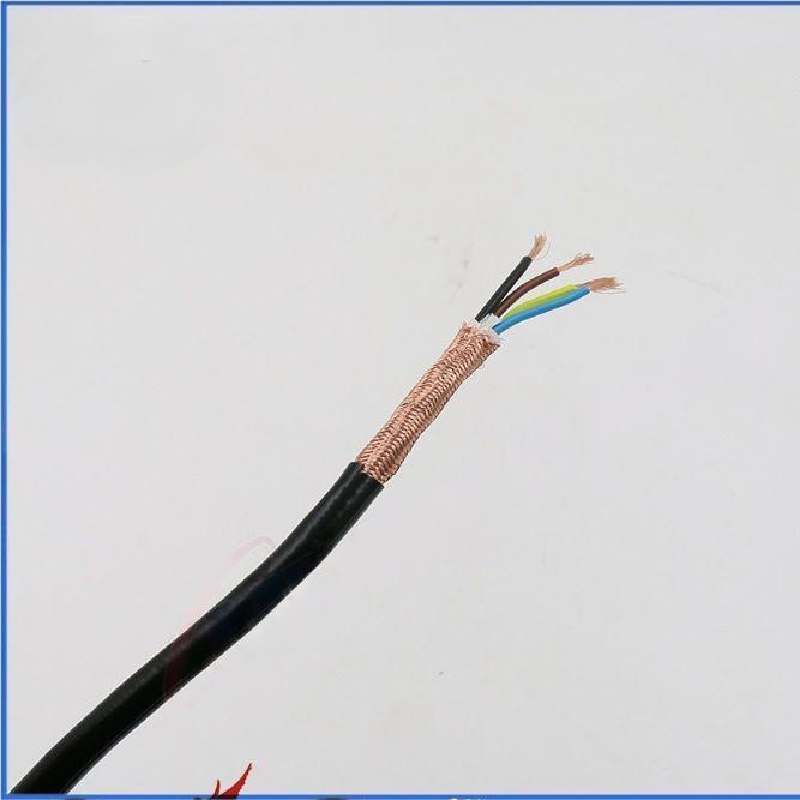12月 . 25, 2024 17:14 Back to list
Exploring the Benefits and Uses of Single Wire Cables in Modern Technology
Understanding Single Wire Cable Applications, Benefits, and Future Trends
In the realm of electrical and electronic engineering, the choice of cable type can significantly impact the efficiency and reliability of a system. One such type that has gained traction is the single wire cable. This article explores what single wire cables are, their applications, benefits, and future trends.
What is Single Wire Cable?
Single wire cable, as the name suggests, consists of a solitary conductor, typically made of copper or aluminum, insulated by a protective layer. Unlike multi-strand wires, which comprise multiple smaller wires twisted together, single wire cables offer a straightforward and efficient design. They are widely used in various applications, where the need for a safe and effective means of electrical transmission is paramount.
Applications of Single Wire Cable
Single wire cables find applications across numerous industries. Here are some notable uses
1. Electrical Distribution In many residential and commercial settings, single wire cables are utilized for connecting power lines to different electrical gadgets and appliances. They are efficient in transmitting electricity over short distances.
2. Automotive Industry Many vehicles use single wire cables for wiring harnesses and other electrical connections. The simplicity and durability of these cables make them ideal for automotive applications, where space is often limited.
3. Telecommunication In telecommunication systems, single wire cables are often used for signal transmission. Their design allows for a clear pathway for the electrical signals, maintaining integrity and reducing interference.
4. Home Appliances Many household devices utilize single wire cables for their wiring systems. They ensure a reliable connection and are usually easier to install and maintain.
5. Industrial Applications Single wire cables are also employed in various industrial applications, such as connect sensors, motors, and controllers in automated systems.
Advantages of Single Wire Cable
The use of single wire cables comes with several advantages
single wire cable

1. Simplicity and Ease of Handling Single wire cables are easier to install and manipulate. Their simplicity reduces the risk of errors during installation, which can be crucial in complex wiring systems.
2. Cost-Effective Compared to multi-strand cable, single wire cables are often more affordable due to the lower material and manufacturing costs. This makes them an attractive option for projects with budget constraints.
3. Lower Resistance Since they have a single solid conductor, these cables usually exhibit lower electrical resistance, leading to reduced energy loss during transmission. This characteristic is particularly beneficial in long-distance applications.
4. Compact Design The single wire design makes for a more compact and lightweight solution. This is especially important in applications where space and weight are critical factors, such as in the automotive and aerospace industries.
5. Durability Single wire cables are generally robust and less prone to fraying or breakage, which can be a common issue with multi-stranded cables in demanding environments.
Challenges and Considerations
While single wire cables have many benefits, they are not without their challenges. For instance, they can be less flexible compared to their multi-strand counterparts. This can limit their use in applications where bending and twisting are required. Additionally, the single conductor design may not provide the redundancy needed in critical systems, where a backup connection is essential for reliability.
Future Trends
Looking ahead, the future of single wire cables seems promising. Advances in materials science are likely to enhance the properties of these cables, making them even more appealing for various applications. The growing emphasis on sustainable and energy-efficient solutions will drive innovation in cabling technologies, including single wire designs.
Moreover, the rise of smart technology and automation will inevitably create new opportunities for single wire cables. As industries continue to modernize, the demand for reliable, efficient, and easy-to-install wiring solutions will only grow.
Conclusion
Single wire cables play a significant role in modern electrical applications, offering a reliable and cost-effective solution for various industries. Despite their limitations, the advantages they bring to the table make them an attractive option for many applications. As technology continues to advance, single wire cables are poised to evolve, further integrating into the electrical landscape of the future. Whether in residential buildings, vehicles, or industrial plants, the utility of single wire cables is set to expand, making them an essential component of contemporary electrical infrastructure.
Share